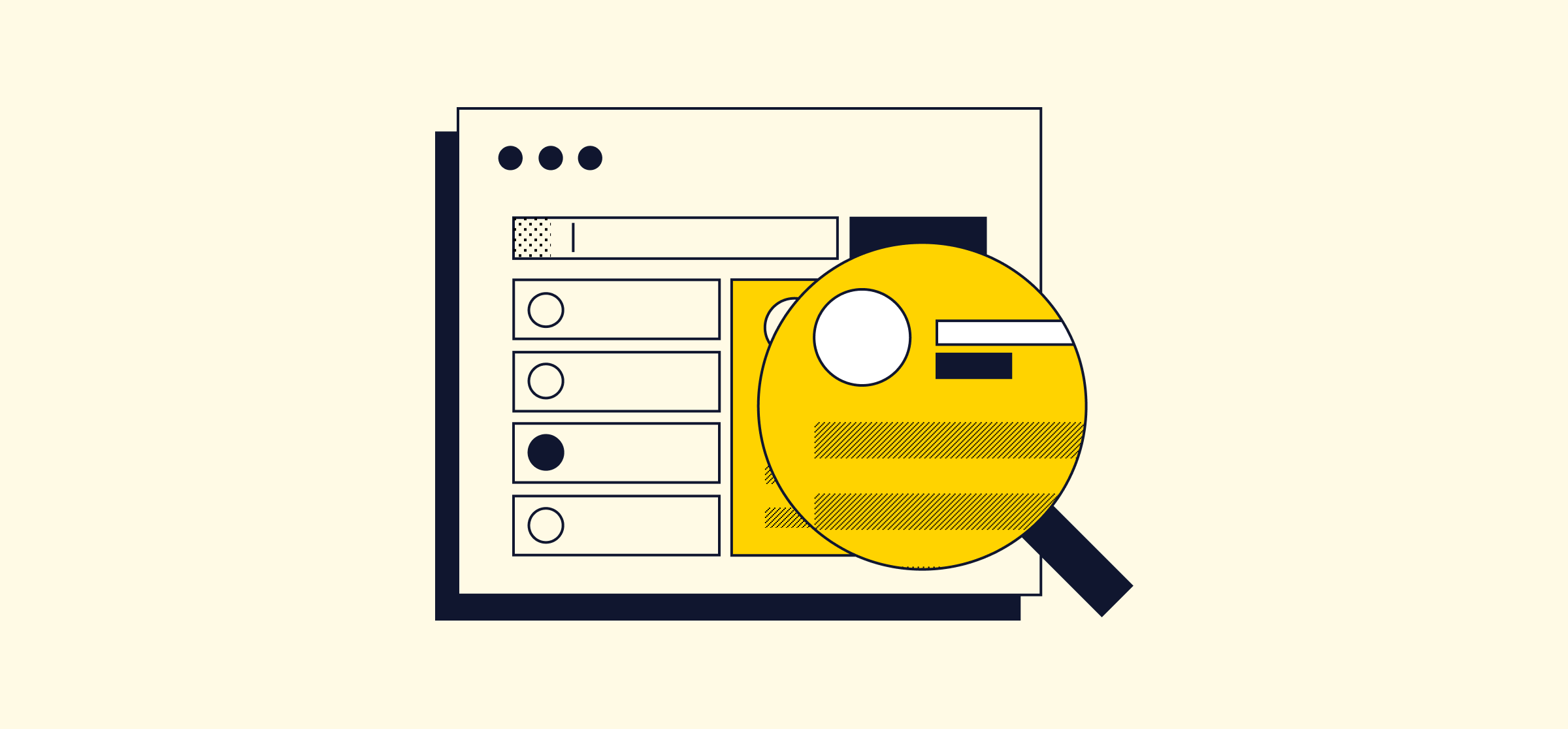
Safety engineers are involved in developing and implementing integrated management strategies. This profession requires a deep understanding of the laws, standards, as well as systems. They should also have a good knowledge of the latest technologies. Below is a list of job duties and education requirements to become a safety engineer. To become a safety engineer, you must have a Bachelor's degree in engineering.
Safety engineers have specific job duties
Safety engineers have the job of identifying and analysing hazards in the workplace and reporting them. They also investigate occupational diseases and conduct accident investigation. Other duties of safety engineers include analyzing statistical data and interpreting safety regulations. Safety engineers are responsible for developing safety features in products and processes that will limit environmental and employee exposures. They also test machinery to ensure that they are safe.
Safety engineers work either in an office setting or in the field. Safety engineers are responsible for testing machinery, tools, and processes to prevent accidents. They might also work in a team to improve safety procedures. Safety engineers working in this field might be responsible to design and test underground mine equipment. They may also be responsible for managing rescue teams.

Safety engineers collaborate with designers to ensure safe products and processes. They can be responsible to create new procedures and processes and present them to managers. They can also plan and conduct training classes and seminars for employees.
Education requirements
As the role of safety engineer involves creating an integrated management system to prevent injury and accidents, the education requirements are varied. This role requires an extensive knowledge of safety regulations, legislation, as well as systems. You must also have excellent interpersonal skills. This article discusses some of the most important educational requirements for a safety engineer.
Typically, you will need a bachelor's degree in a related field such as engineering. Some universities offer specialized programs in safety and healthcare. You should ensure that the program chosen is accredited by ABET (Accreditation Board for Engineering and Technology). It is also a good idea to have a master's in safety and health because it will allow you to gain more job experience and improve your marketability.
You will also need to have strong computer skills. Safety engineers and health workers must be able and willing to work with different systems to anticipate and integrate human reactions. You must also have strong work ethics. Your job will require you to review and maintain records, as well as guide workers in implementing countermeasures to prevent accidents. Your communication skills will be essential for you to interpret safety regulations, explain the purpose of them, and create training materials.

Employment outlook
A safety engineer has many responsibilities. One of these duties is to develop an integrated management system. The position requires an extensive knowledge of different standards, legislation, systems, and procedures. A safety engineer will also be responsible for developing and implementing safety programs. This includes developing and implementing safety programs and helping with the development and implementation of a policy on health and safety.
Being a safety engineer or health professional is a rewarding job. It involves protecting people, buildings, individuals, and the environment. As a safety engineer, your creative problem solving skills will help you solve many problems. In addition, the career comes with excellent benefits and competitive pay. You can view a sample job description below if you are interested in a career in this area. It will give you an idea of the types of work employers are looking for.
There are many places you can work as a health- and safety engineer, including offices, laboratories, and industrial facilities. You may find them outdoors or traveling to different work locations across the United States. Some jobs require overtime. These professionals use scientific tools and analysis to ensure safety at work and high environmental quality. They also need to be proficient in computer-aided designing and CAD software.
FAQ
How much do engineers earn an hour?
This will vary from person-to-person and company-to company. An average salary for a entry-level software engineer is about $60,000 per year. After you've worked for a while, your salary will rise to over $100,000.
What does a Chemical Engineer do?
Chemical engineers use math, science, engineering, technology, and business skills to develop chemical processes, products, equipment, and technologies.
Chemical engineers have the ability to specialize in areas such a petroleum refining, pharmaceuticals or food processing.
They collaborate closely with scientists and researchers to solve technical problems.
How long does an Engineer take?
There are many paths to engineering. Some people start studying immediately after leaving school, while others decide to go to college first.
Some students will enter a degree programme straight out of high school while others will enroll in a two-year foundation program.
After completing this, they might continue onto a three or four-year honors degree. A master's degree could be an option.
It is important to consider your future plans once you have graduated. What career path do you prefer?
The time required to complete each stage depends on the university where you study and whether it is a full-time program or a part-time one.
It is important to note that there is not always a direct relationship between how long it took to complete a particular qualification, and how much experience you have once you graduate. Even if you spend only one year in college, that doesn't necessarily mean you will have the necessary skills to become an engineer.
What does an industrial engineer do?
Industrial engineers study how things work, operate, and interact.
Their job ensures that machinery, plants, and factories run efficiently and safely.
They design and implement equipment, controls, or operations that make it easier for workers, to accomplish their tasks.
They also ensure that machines conform to safety standards and environmental regulations.
What does an aerospace engineer do?
Aerospace engineer uses their knowledge of aeronautics, propulsion, robotics, and flight dynamics to design aircraft, spacecraft, satellites, rockets, and missiles.
An aerospace engineer could design new aircraft types and fuel sources or create space suits.
Are there any special requirements to study engineering?
No. All you need are good grades in your GCSEs. Some universities require applicants to have a certain level of academic achievement before they are allowed to enroll. Cambridge University, for instance, requires applicants to earn A*-C grades (in Maths, English Language or Science)
If you do not meet these requirements, you'll need to take additional courses in order to be prepared for university entrance tests.
You may also need to study additional science and math subjects. You can learn more about these options by contacting your school guidance counselors.
Which engineering choice is best for women?
Girls are always looking for a safe place where they can learn how to build a better future for themselves. Engineering isn't just for boys, they need to understand. Engineering can enable them to be successful women and make a positive contribution to their families and society.
Engineering is an exciting career for young women. You can learn skills and knowledge, which can lead you to a fulfilling job. She also gains confidence and independence.
It allows her and others to make a positive difference in their lives and the surrounding environment.
This website was created to encourage girls in engineering to apply to college. We want them to see the beauty of engineering.
We hope that you find our site useful and enjoyable. For any questions, feel free to contact our team.
Statistics
- 8% Civil engineers solve infrastructure problems. (snhu.edu)
- Typically required education: Bachelor's degree in aeronautical engineering Job growth outlook through 2030: 8% Aerospace engineers specialize in designing spacecraft, aircraft, satellites, and missiles. (snhu.edu)
External Links
How To
How to create letters for engineering drawings
The engineering drawings are made up of both architectural drawings (also known by technical drawings) as well as engineering sketches. The first one describes the product's physical characteristics, while the other shows how it should look. Both types include detailed specifications, dimensions, symbols, text, and arrows. Engineers will use their own language to write these documents. These terms refer to specific units, abbreviations and acronyms. These terms are known as engineering lingo. This article explains what they mean.
A letter can be a formal document that is written by an individual to another person. A standard letter includes a salutation, signature and date. A self-introduction is often included at the start of a letter. Some letters might contain business details such as legal agreements. Some letters may contain only greetings or signatures.
An engineer uses professional experience to develop a plan, design a machine, build a bridge, or draw a diagram. Engineers should use precise language to communicate their work. The product, process, materials and methods are described in technical terms.
Engineers can use many terms to describe things. To talk about electric current, engineers use the term "ampere". They also use the term "ampere" to refer to electrical current. These terms are called scientific names. They are called common names by other engineers, as they are widely used. Common names are easier and more comprehensible to remember.
Technical terms are often abbreviated. An abbreviation can be used to denote a longer term. The abbreviation "kW" is for kilowatt. If you see "KW", you will know that it is kilowatt. You don't need to know the entire name.
Engineers use many other acronyms and abbreviations in addition to technical terms. These are similar in abbreviations but can be made up of many words. Examples of these are "IEC", "DIN," or "ANSI." These are important because they make communication more efficient and easier.
Engineers don't always follow the standard spelling rules because they are using their jargon. They may spell out numbers with digits instead of using numerals. They might use different capitalizations to normal. Capitalization refers both to whether a word starts in capital letters or lowercase. Words that begin with a vowel sound can be spelled differently to words that begin with consonants.